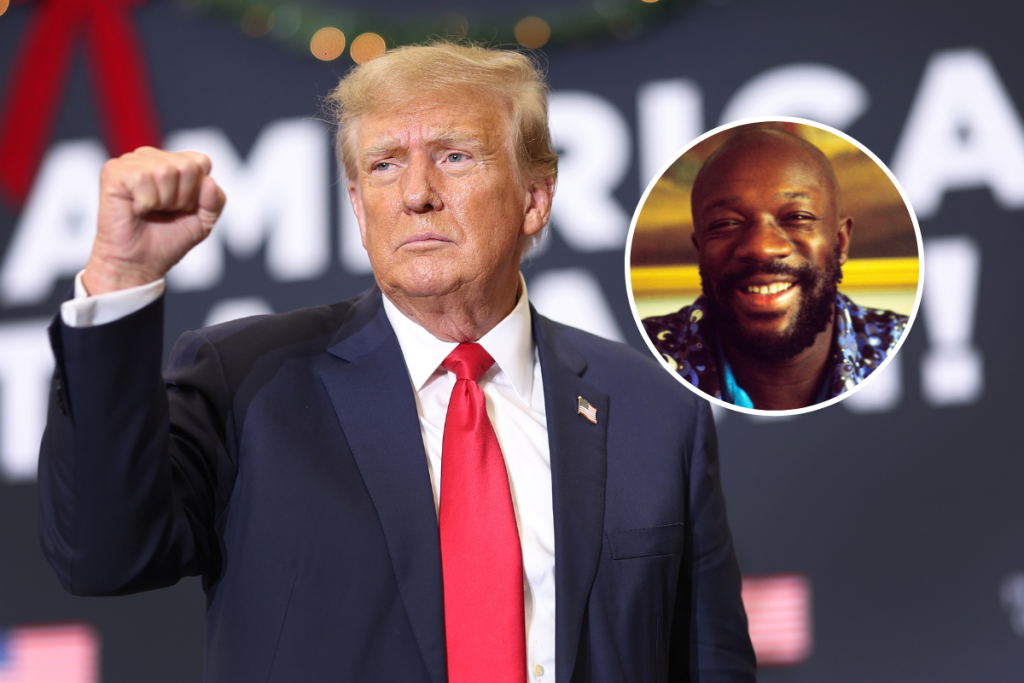The family of the late singer-songwriter Isaac Hayes is suing Donald Trump for unauthorized use of the song “Hold On, I’m Coming” at campaign rallies from 2022 to 2024. This comes after speculation that Trump had not received permission to use the track, which was written by Isaac Hayes and David Porter. Isaac Hayes III, the son of the soul musician, shared a cease-and-desist letter addressed to Trump demanding the cessation of use, removal of related videos, a public disclaimer, and payment of $3 million in licensing fees by August 16, 2024.
The letter, posted on social media, stated that the $3 million requested by the estate was a discounted fee for the normal license fee associated with multiple uses, adding that the normal fee would be much higher if litigation occurred. The letter also threatened legal action if Trump’s campaign did not respond by the specified date. Isaac Hayes III mentioned that the family had been asking Trump to stop using the song for two years before taking legal action. He highlighted the importance of artists and their heirs having rights over their work and the need to protect those rights.
Prior to sharing the cease-and-desist letter, Isaac Hayes III criticized Trump on social media for repeatedly using the song at campaign rallies despite requests not to. He condemned Trump’s actions and behavior, calling him out for disrespect, sexual abuse of women, racist rhetoric, and lack of integrity and class. This incident adds to a series of controversies involving Trump’s unauthorized use of music at campaign events, including instances with Celine Dion, the Smiths, and the Village People, all resulting in cease-and-desist letters from the respective artists or their representatives.
The legal action taken by Isaac Hayes’ family against Trump follows a trend of artists asserting their rights and protecting their work from unauthorized use, particularly in the political realm. The $3 million licensing fee requested by the estate underscores the value and importance of intellectual property rights, as well as the consequences of infringement. The family’s demand for compliance from Trump’s campaign, including the removal of all related videos, emphasizes the need for accountability and respect for artists’ creative output.
As the case unfolds, it raises questions about intellectual property rights in the digital age and the responsibility of individuals, organizations, and public figures to respect and uphold those rights. The legal and ethical implications of using copyrighted material without permission, especially in political contexts, highlight the complexities and challenges surrounding intellectual property law and enforcement. Artists, heirs, and representatives have the right to protect their work and demand fair treatment, setting a precedent for future cases involving copyright infringement and unauthorized use of music in various settings.


